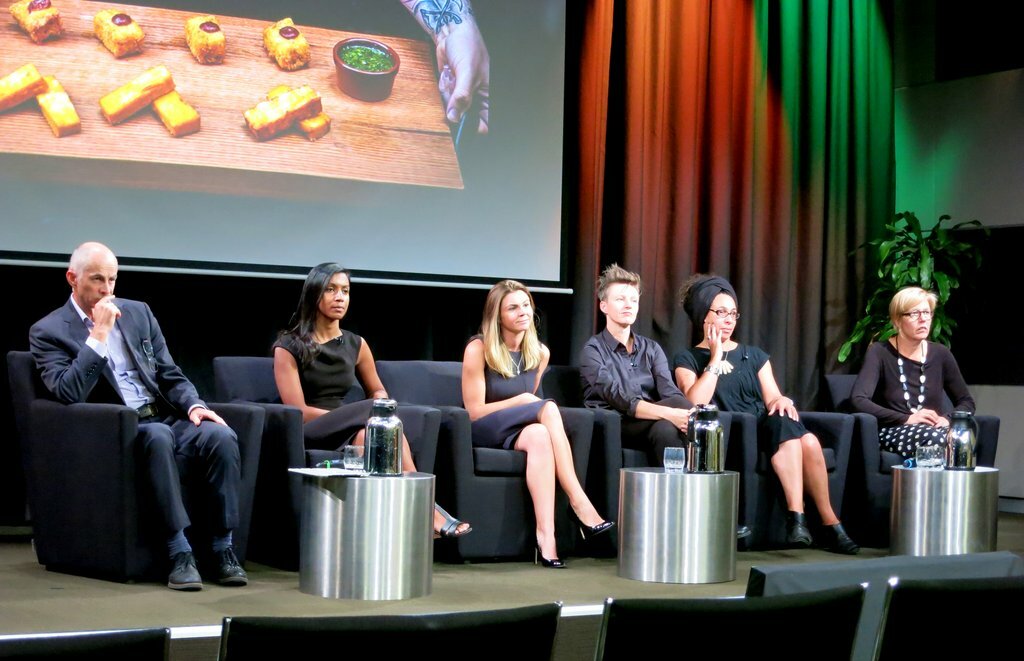

-
Contact us
Contact us
Australian Clearinghouse for Youth StudiesUniversity of Tasmania,
P O Box 5078, UTAS LPO,
Sandy Bay, 7005,
Tasmania, AustraliaTel: (03) 6226 2591Fax: (03) 6226 2578Email: [email protected] -
Search ACYS
- Events
The impact of gambling on australian youth
- ACYS
- The impact of gambling on australian youth
Issue 226, June 2025
Bob Gross
Gambling has woven itself into the fabric of contemporary society, becoming an inescapable reality. Just like other forms of digital advertising, casino banners seem to pop up everywhere we look. These enticing ads promise thrills at the slot machines and offer the allure of striking it rich effortlessly. Savvy marketing strategies portray gambling as a foolproof path to quick financial gains, especially resonating with younger audiences eager for easy rewards.

ACYS
THE IMPACT OF GAMBLING ON YOUNG ADULTS
The sphere of gambling casts a particularly heavy shadow over young adults, manifesting in several concerning ways:
Addiction Risk
The excitement of potentially winning big in gambling can sometimes morph into a debilitating addiction. This type of compulsion can be devastating, resulting not only in severe financial strain but also carrying the risks of social dysfunction and mental disorders.
Financial Ruin
The dream of landing a jackpot often prompts young individuals to recklessly spend substantial sums. The reality, however, is usually less rosy. Many end up losing more than they gain, driving them into debt, fueling theft, causing financial instability, and even destroying familial relationships.
Psychological Toll
Participation in gambling activities is not merely a financial gamble; it also risks one's mental well-being. The stress of losing money, failed attempts to secure a win, and the addictive loop can induce various psychological issues, ranging from stress and anxiety to severe depression.
Lifestyle Derailment
A gambling addiction can severely disrupt one's life, leading to disinterest in academics, work, sports, and other constructive endeavors. This often hijacks the time and energy that could be better spent on personal development and the pursuit of genuine achievements.
Social Disconnection
Youngsters who get consumed by gambling may find themselves increasingly socially isolated. They lose friendships, come into conflict with family, and generally become alienated from community interactions due to their relentless focus on gambling.
Gambling can have serious detrimental effects on young adults. It is imperative to engage in public awareness campaigns that comprehensively discuss the various repercussions of partaking in casino activities, particularly in countries like Australia where the trend is on the rise.
Gambling: A Youth Entertainment with Caveats
Gambling can be viewed as a form of amusement that fascinates many young adults. While some find genuine enjoyment without causing harm to themselves, it's crucial to consider several significant factors:
Age Restrictions. To protect minors from the potentially detrimental impacts of gambling, age limits are enforced in various countries. Abiding by these legal age requirements is essential to prevent underage individuals from engaging in gambling activities. Most often, you need to be either 18 or 21 years old to partake in casino games.
Responsible Gaming. Once an individual has reached the age of majority, approaching gambling with a sense of responsibility and self-control is pivotal. This could include setting time and monetary restrictions, as well as acknowledging the inherent risks involved in gambling activities.
Knowledge and Awareness. Young people should be well-informed about the potential negative repercussions, including financial troubles and addiction risks. Comprehensive information and educational programs can arm them with the tools needed to make educated choices.
Alternative Leisure Activities. Youth should have access to various non-gambling-related recreational opportunities, like sports events, arts and crafts, cultural experiences, and social gatherings. A broad spectrum of activities can help maintain a balanced lifestyle and prevent gambling addiction.
Following Legal and Health Precautions. Licensed casinos strictly prohibit minors from creating accounts. A mandatory identity verification process ensures that a player's age and personal information are confirmed, usually requiring a passport scan. Once these verification steps are complete, the player can withdraw their winnings.
Avoiding Gambling Addiction among Youth
To steer clear of developing a debilitating gambling habit, individuals should set stringent limits for the time and money they're willing to invest in such activities. Adhering to these self-imposed limitations can assist in averting substantial losses and maintaining control over one's casino actions. Moreover, avoiding situations that can trigger gambling addiction is essential—this could include steering clear of casinos, not engaging in real-money games, or limiting contact with other gamblers.
Should a player recognize signs of loss of control over their gambling behavior, seeking professional assistance shouldn't be delayed. Consulting a certified psychologist or organizations specializing in treating gambling addiction is advisable. Filling one's free time with alternative activities like engaging in sports or attending social events can also offer a healthier way to expend energy and focus.